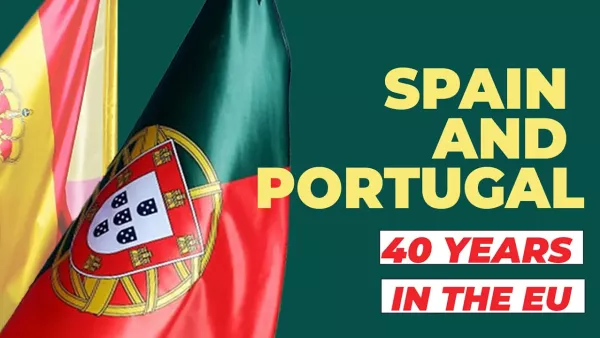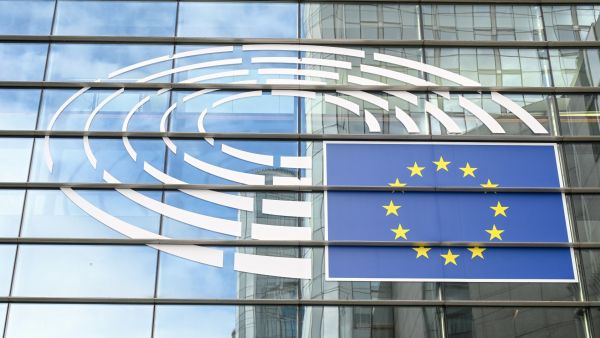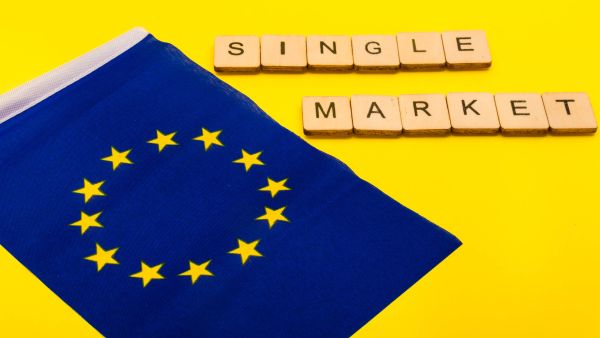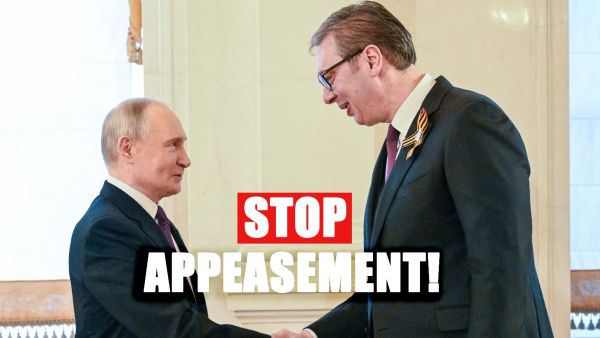Today representatives of the European Parliament met with the negotiators of the member states to try to find a compromise on the Regulation on Conflict Minerals. The aim of the Parliament is to adopt a legal system to ensure traceability of tin, tungsten, tantalum and gold, in order to make sure that products containing these minerals (smartphones, laptops, etc) that are sold in the EU do not fuel armed militias or foster human rights violations in conflict areas.
The S&D negotiators insist on a mandatory binding scheme, to make sure that fair trade does not depend on the good will of companies.
S&D president Gianni Pittella said:
"The European Union must translate its values into actions and into transparent laws. The Socialists and Democrats Group have engaged in a strong campaign against conflict minerals and today we see some hope for areas like the DR Congo, which have been affected by war and violence because of the greed of some multinationals. Member states also have a historic opportunity to deliver and make a difference. Our citizens have shown over and over that they want to be able to make ethical decisions, so let's give them the information they deserve. We cannot accept the EU being directly or indirectly responsible for human rights violations by using products that fuel armed conflict and violence in Africa and elsewhere."
MEP Marie Arena, S&D spokesperson on conflict minerals, said:
“The European Parliament has shown flexibility and openness to negotiate a compromise solution that results in an effective regulation that is workable and not burdensome for small companies. Yet the Council of Ministers has not been able to come up with a mandate for negotiation at this stage. If the Council is serious about the importance of preventing human rights abuses in the name of profit they should now show real flexibility to move towards a regulation that not only covers the raw materials but also the products made out of them.”
MEP David Martin, S&D spokesperson on international trade, said:
"Natural resources should be a blessing for a country, not a curse. A mandatory scheme is absolutely vital and our political group has a strong commitment to achieving it, sooner or later. There have been voluntary guidelines in place for five years and over 80% of companies have chosen not to publish any information on their supply chain according to due diligence standards. These mandatory requirements, while not a burden on any one link in the supply chain, will make a huge difference to those on the ground in conflict areas."
Note to the editors:
The objective of the regulation is to break the links between the trade and extraction of minerals, and the financing of armed conflicts. Instead of banning imports from conflict-affected areas, the regulation aims to create a European market for responsibly traded minerals sourced from conflict regions. Tin, tungsten, tantalum and gold (3TG) are present in our daily lives in products such as smartphones, tablets, TVs, medical devices, etc.
Europe consumes 25% of these 3TGs globally and is the second biggest importer of laptops and smartphones in the world. We have a key role to play in generating such a responsible market.
READ MORE:








